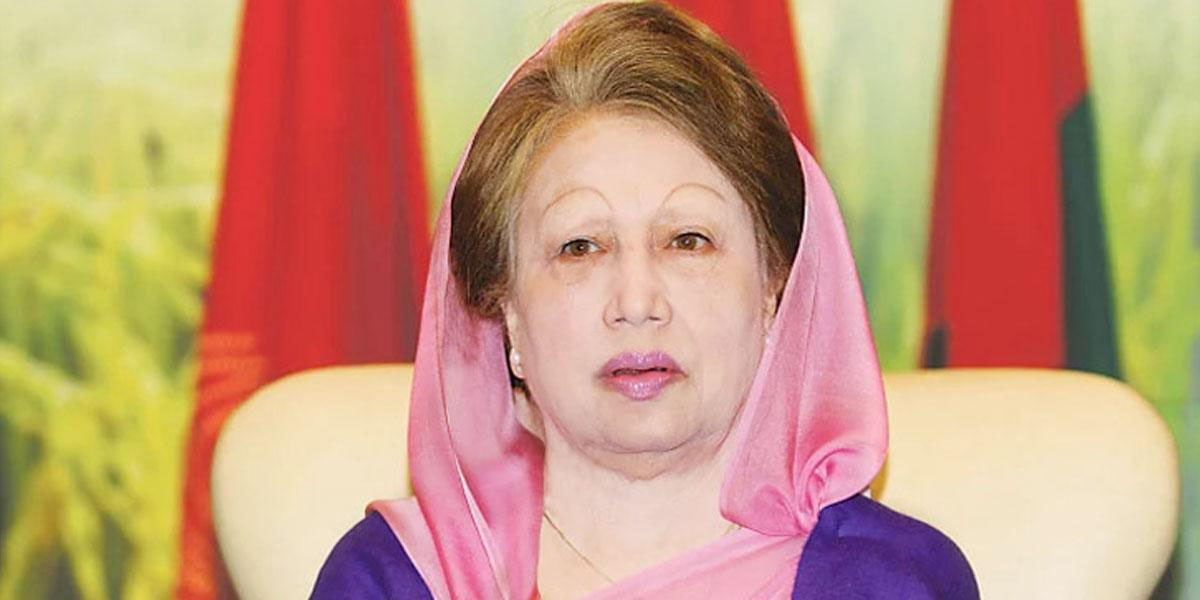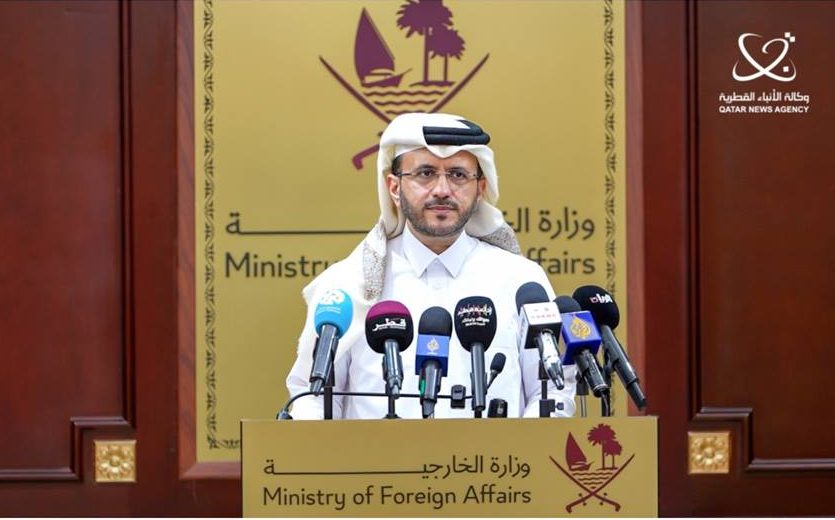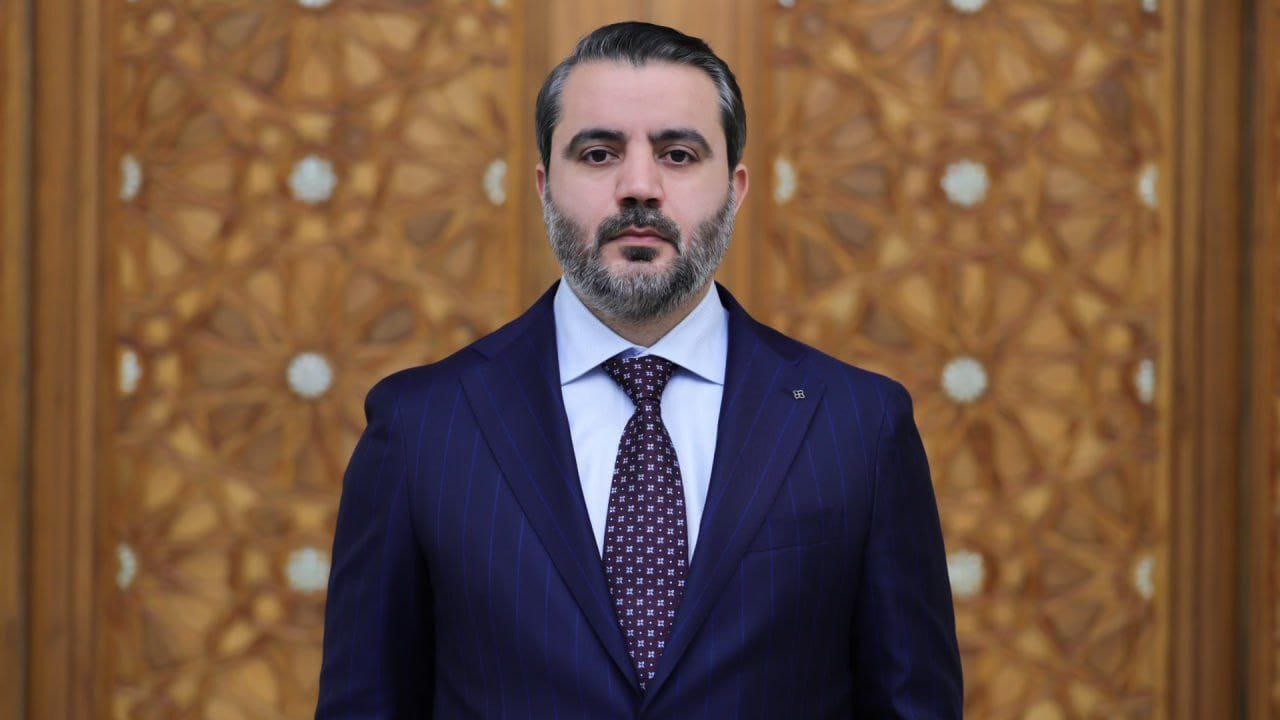
The days of racking up traffic fines in other Gulf countries and never paying them are almost over.
Plans for a new, GCC-wide system to collect these fees are “90 percent” complete, and will be launched “soon,” the head of Qatar’s traffic department has said.
The new system aims to more quickly record and share information about drivers caught violating road rules in all the Gulf states. It would also enforce payment of fines through a single system.

Speaking to the Peninsula yesterday, Brig. Mohamed Saad Al Kharji, director of the Traffic Department at the Ministry of Interior (MOI), said:
“The aim of implementing this system is to reduce traffic violations and ensure that everyone who commits violations in any GCC country pay the fine.
Earlier some violators could move to another GCC country to avoid paying the fine, but no one can do it anymore once the system is implemented.”
Currently, it is very difficult for authorities in one country to track down visitors who incur fines but don’t live here.
In 2013 for example, some 42 Saudi motorists racked up some QR2.7 million in unpaid traffic fines on more than 5,000 violations.
Qatar eventually ended offering a half-off discount to get them to pay up.
Faster fines
Under the existing system, it can take up to five months to send data about traffic violations from one Gulf country to another.
The new system will speed up and simplify the process, as fines will be paid into a single account.

However, violators will not be stopped at the border when they try to leave a neighboring state, Al Kharji said.
Still, the offense will be recorded against them in the single database and they will have to pay the fine, either in the country where they broke the law, or in Qatar.
There will also be a complaints system for motorists who want to appeal a violation, Al Kharji added.
During these cash-strapped times, traffic fines offer a welcome source of revenue for the government – provided people pay them.
Fewer accidents
Authorities are also hoping that enforcing fines will help reduce bad driving on the roads.
Al Kharji said the number of accidents in the second half of this year is expected to be less than the same period last year.

And according to the MOI, the total number of people killed on the roads during the first half of this year was less than the same time in 2015.
Additionally, the overall number of accidents was down 6 percent over the same period,. However there were more injuries.
Thoughts?







